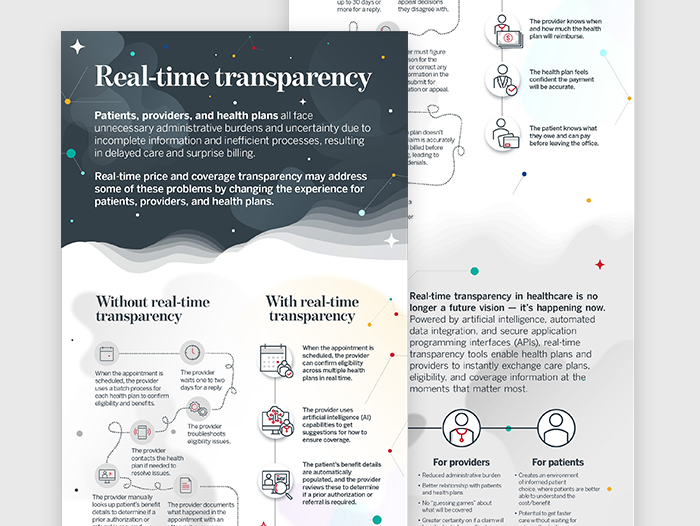Auto logout in seconds.
Continue LogoutAccording to a new preprint study from MIT's Media Lab, using ChatGPT, a generative AI chatbot, was associated with reduced brain engagement and lower neural, linguistic, and behavioral levels — findings the researchers say "raise concerns about the long-term educational implications" of relying on AI tools.
Study details and key findings
For the study, researchers asked 54 participants between the ages of 18 and 39 to write several essays over the course of four months. The essays were designed to take 20 minutes to write and were based on SAT prompts, including the ethics of philanthropy and the consequences of having too many choices.
The participants were divided into three groups where they either used OpenAI's ChatGPT tool, Google's search engine, or no outside resources to write their essays. Researchers used an electroencephalography (EEG) to monitor each participant's brain activity across 32 regions.
According to the researchers, those in the ChatGPT group had the lowest brain engagement and "consistently underperformed at neural, linguistic, and behavioral levels." Although the ChatGPT group initially used the tool to ask structural questions about their essay, they were more likely to just copy and paste the essay entirely near the end of the study.
"It was more like, 'just give me the essay, refine this sentence, edit it, and I'm done," said Nataliya Kosmyna, the study's lead author.
The "brain-only" group, which used no outside resources, had the highest level of neural connectivity, especially in the alpha, theta, and delta bands, which are associated with creativity ideation, memory load, and semantic processing. According to the researchers, this group was also more engaged and curious and had higher satisfaction with their essays.
In the last study session, 18 participants were asked to rewrite one of their previous essays. However, they were asked to switch their groups, with people originally in the brain-only group now using ChatGPT and those in the ChatGPT group using no resources.
Those who were originally in the ChatGPT did not remember much of their original essays and had weaker alpha and theta brain waves, which suggests that deep memory processes were bypassed. In comparison, those who were originally in the brain-only group experienced a significant increase in brain connectivity across all EEG frequency bands.
Overall, "[t]hese results raise concerns about the long-term educational implications of [large language model] reliance and underscore the need for deeper inquiry into AI's role in learning," the researchers wrote.
ADVISORY BOARD'S AI-RELATED resources
For more insights in AI and healthcare, check out these Advisory Board resources:
This expert insight outlines different strategies for AI adoption, which can help you decide the best approach for your organization. Similarly, this expert insight explains how health system executives currently approach AI in healthcare.
To use AI effectively, this infographic explains how to overcome AI challenges to unlock the technology's full potential while this field guide outlines how to take a problem-first approach to AI.
We also have a featured page on AI, which includes research on how to mitigate challenges with the technology, how leaders should approach investments in AI tools, and more.
Commentary
According to Kosmyna, this is the first preprint study she has ever released. Although the study has been submitted for peer review, it can take eight or more months to receive approval, and she wanted to bring attention to an issue that is affecting children and their learning now.
"What really motivated me to put it out now before waiting for a full peer review is that I am afraid in 6-8 months, there will be some policymaker who decides, 'let's do GPT kindergarten.' I think that would be absolutely bad and detrimental," Kosmyna said. "Developing brains are at the highest risk."
"Education on how we use these tools, and promoting the fact that your brain does need to develop in a more analog way, is absolutely critical," Kosmyna added. "We need to have active legislation in sync and more importantly, be testing these tools before we implement them."
Separately, Zishan Khan, a psychiatrist who treats children and adolescents, said he sees many children who use AI heavily with their schoolwork and that an overreliance on the technology "can have unintended psychological and cognitive consequences, especially for young people whose brains are still developing."
"These neural connections that help you in accessing information, the memory of facts, and the ability to be resilient: all that is going to weaken," Khan added.
However, even with these potential risks to cognition and critical thinking, especially among children, there continues to be a push to incorporate generative AI into education. For example, OpenAI last year collaborated with the University of Pennsylvania's Wharton School to create a course showing how educators can leverage generative AI in their teachings.
President Donald Trump also signed an executive order in April promoting the use of AI in U.S. classrooms.
"The basic idea of this executive order is to ensure that we properly train the workforce of the future by ensuring that school children, young Americans, are adequately trained in AI tools, so that they can be competitive in the economy years from now into the future, as AI becomes a bigger and bigger deal," said White House staff secretary Will Scharf.
(Chow, TIME, 6/23; Scully, The Hill, 6/19; Hawkinson, Independent, 6/20; Cross, USA Today, 6/20)
Don't miss out on the latest Advisory Board insights
Create your free account to access 1 resource, including the latest research and webinars.
Want access without creating an account?
You have 1 free members-only resource remaining this month.
1 free members-only resources remaining
1 free members-only resources remaining
You've reached your limit of free insights
Become a member to access all of Advisory Board's resources, events, and experts
Never miss out on the latest innovative health care content tailored to you.
Benefits include:
You've reached your limit of free insights
Become a member to access all of Advisory Board's resources, events, and experts
Never miss out on the latest innovative health care content tailored to you.
Benefits include:
This content is available through your Curated Research partnership with Advisory Board. Click on ‘view this resource’ to read the full piece
Email ask@advisory.com to learn more
Click on ‘Become a Member’ to learn about the benefits of a Full-Access partnership with Advisory Board
Never miss out on the latest innovative health care content tailored to you.
Benefits Include:
This is for members only. Learn more.
Click on ‘Become a Member’ to learn about the benefits of a Full-Access partnership with Advisory Board
Never miss out on the latest innovative health care content tailored to you.


